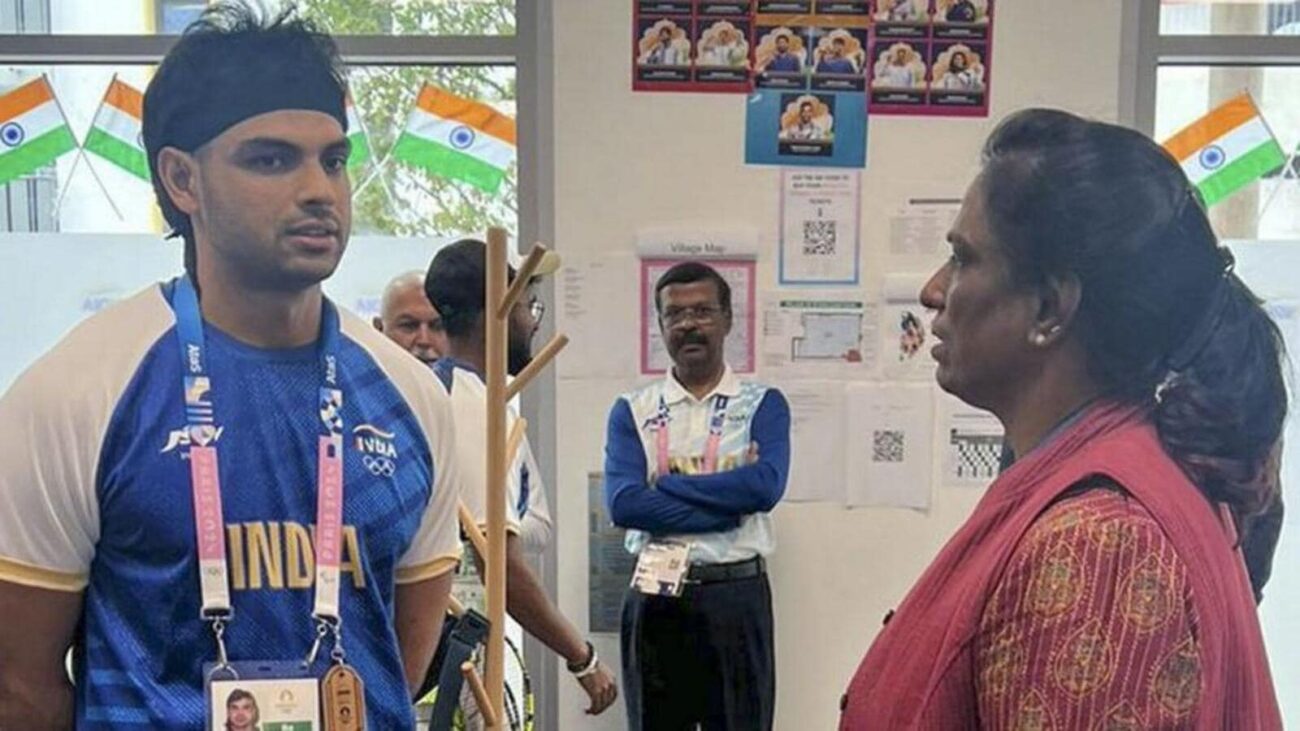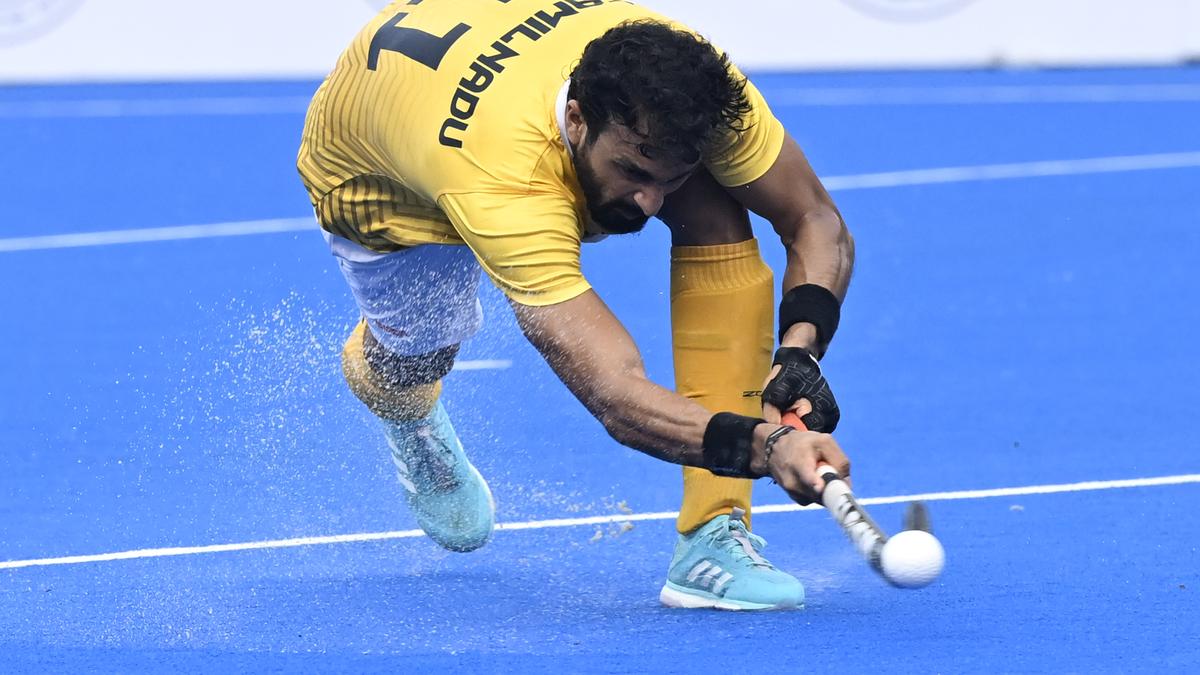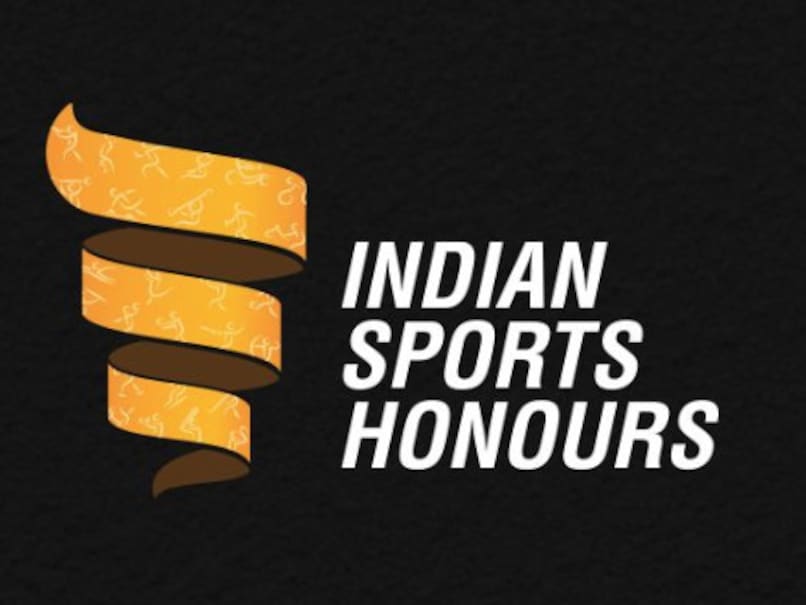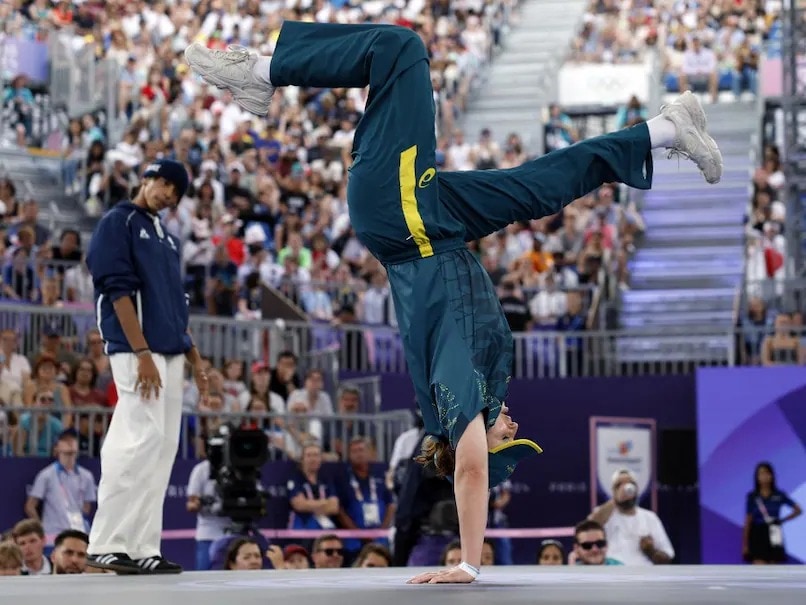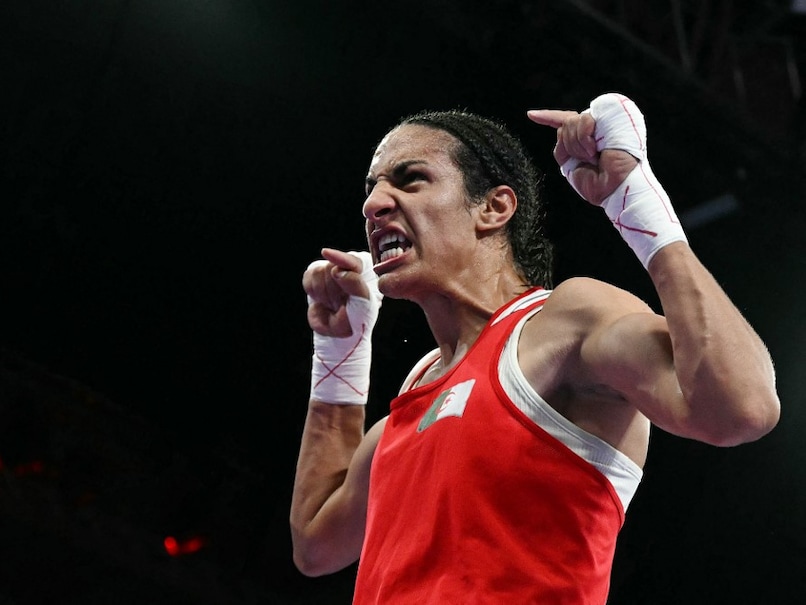India’s Olympic aspirations took a hit at the Paris Games, falling short of expectations and raising questions about the state of Indian sport. While funding and infrastructure have improved, concerns have emerged regarding athlete commitment and the effectiveness of sports governance.
Post-Paris reviews have shifted the focus from blaming the government to scrutinizing the athletes themselves. Prakash Padukone’s call for introspection has sparked a debate about the responsibility of athletes to deliver results.
However, it’s important to note that funding is not the sole determinant of success. Ukraine and Israel, with limited resources, have achieved significant medal hauls. England’s impressive performance highlights the need for India to reassess its sports strategy.
Reforms are necessary to improve sports governance and create an ecosystem that fosters excellence. A National Sports Board, consisting of experts and independent directors, could provide vision and policy guidance.
TOPS, the flagship program for elite athletes, should be upgraded and granted administrative independence to enhance efficiency and athlete support.
Addressing the unprofessionalism and incompetence of National Sports Federations (NSFs) remains a challenge. Implementing the Sports Code could improve accountability, but its realization seems distant.
Despite the setbacks, there are positive signs. Sports has gained prominence, and parents and industry are investing in athletes. However, it’s crucial to manage expectations and avoid unrealistic hype.
Ultimately, the success of Indian sport depends on the hard work and dedication of athletes. However, a supportive ecosystem and effective governance are essential to unlock their potential and achieve Olympic glory.

